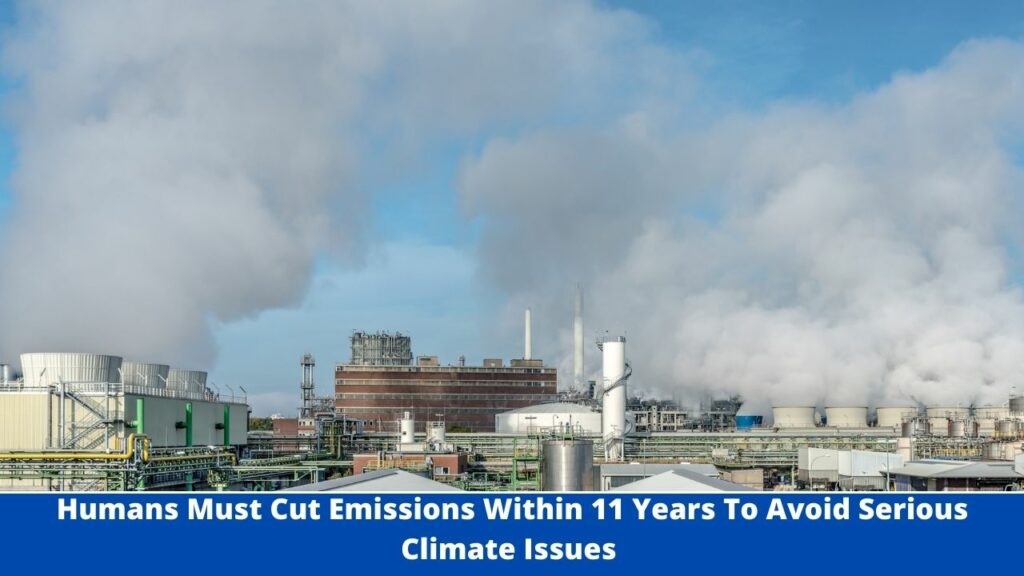Climate change will cause the greatest damage to countries if they do not stop greenhouse gas pollution within 11 years, a new study concludes.
According to the annual Global Carbon Budget report, despite a dip in greenhouse gas emissions caused by the pandemic in 2020, the emissions will return to it’s dire pre-pandemic levels by 2021.
Research shows that emissions must be cut more urgently in order to prevent a global temperature rise that exceeds 1.5 degrees Celsius (2.7 degrees Fahrenheit).
Several countries, who will attend the United Nations climate summit in Glasgow, Scotland, set this as their goal in the 2015 Paris climate agreement.
Dozens of researchers around the world contributed to the compilation of the Global Carbon Budget.
The organisation keeps track of how much carbon dioxide (CO2) humans are emitting and how much room remains to keep humans under 1.5 C.
Its first report, published in 2015, it projected that Earth’s emissions would begin to lead to severe consequences within a twenty-year span.
In spite of this, humans now have around six years to reduce greenhouse gas emissions, since their output is increasing at an alarming rate.
The chances of forcing a rise in temperatures of 1.5 C by the end of this century are 50% at current emissions levels.
The number of degrees Celsius will increase by 1.7 by 2042, and 2 by 2054 if no reductions are made.
During the past 150 years, global average temperatures have increased by about 1.1 degrees Celsius (or about 2 degrees Fahrenheit), intensifying wildfires, floods, and hurricanes in many parts of the world.
“Global fossil CO2 emissions (excluding cement carbonation) in 2021 are returning towards their 2019 levels after decreasing [5.4%] in 2020,” the study notes.

